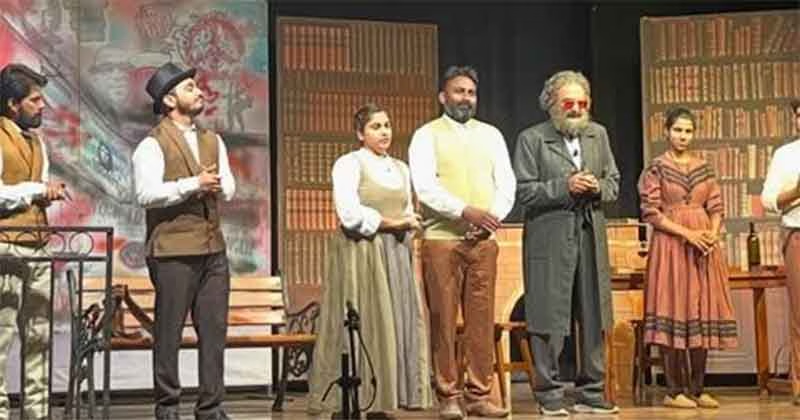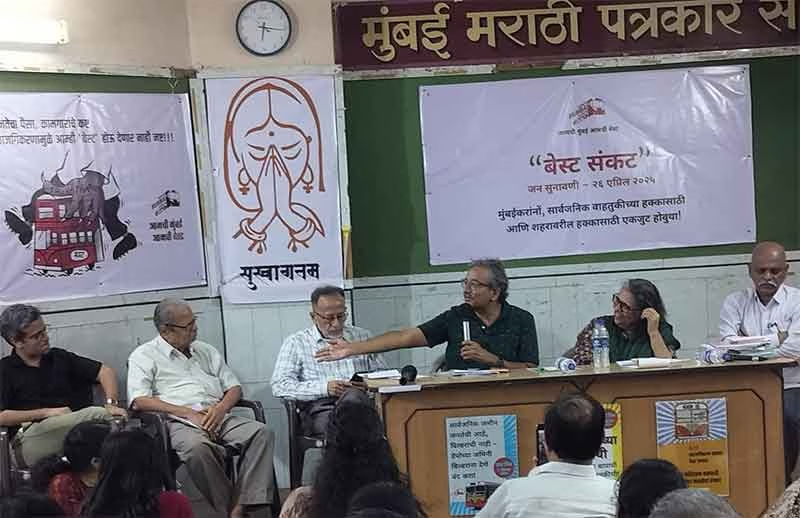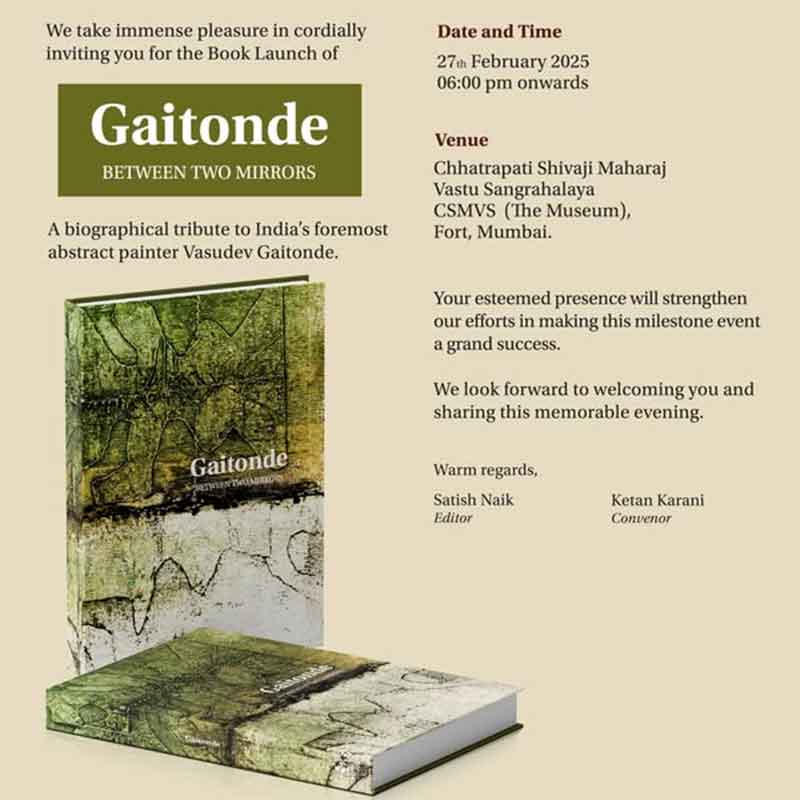
This is how history is distorted, suppressed and this happens well beyond writing on communalism. The more recent case that can be cited is a book written by R.C. Bhargava, former CEO, chairman of Maruti for many years. It is titled Impossible to possible – Marauti’s incredible success and how it can change India.
The first thing that strikes any one with social conscience about Maruti is how much injustice was done to the workers in the case Manesar plant in Gurgaon way back in 2012. It was a blatant failure on the part the Japanese management which prides itself on its handling of management-labour relations.
This is exactly what Mr Bhargave completely omits from the 208-page book . It is published in 2024 so he had all the time in the world to write about it but all that he does is to offer some goody goody comments in three pages on such relations, completely avoiding the sordid chapter in the company’s record.
Nandita Haksar and Anjali Deshpande have written an entire book on the workers’ struggle Japanese management – Indian resistance. . A fire broke out at around 7 pm on 18 July 2012 at Maruti Suzuki India’s manufacturing plant in Manesar. It claimed the life of a manager. Within days, over two thousand temporary workers and 546 permanent workers were dismissed by the company, and 13 of them—including the entire leadership of the workers’ union—were later charged for murder, thus ending yet another independent body for collective bargaining.
Unions are the last, and often only, line of defence workers have in modern industries, especially when the management isn’t averse to undermining their rights, dignity and health in pursuit of higher profits. This was true of Maruti Suzuki. Workers would get a seven-and-a-half-minute break from physically demanding work—precise to the hundredth of a second—to run to the toilet half a kilometre away and force a samosa and piping hot tea down their throat. But they were denied two minutes of silence in the memory of a deceased colleague’s mother.
The sabotage of their efforts at effective unionizing, generally in collusion with the Haryana state government, had therefore come as no surprise to the workers. Yet they struggled through and managed to form successive representative bodies at both the Gurgaon plant, and the one set up in Manesar in 2007. But not only were all of them crushed, some were never allowed to be officially registered.
The often misrepresented events of July 2012 were thus far from an isolated incident. But few today, as then, are willing to see the matter from the workers’ point of view.
Anjali Deshpande and Nandita Haksar tell the story of the biggest car manufacturer in India through the voices of the workers, interviewed over a period of 3 years. As they tell us of their resistance to being turned into robots by an uncompromising management, it becomes abundantly clear that the Maruti Suzuki revolution wasn’t the unmitigated success it was touted to be.
The dispute was an industrial relations and public relations disaster, wrote Business Standard, the respected daily newspaper.Many workers lost their jobs, were suspended, jailed, a large number of contract workers doing the same work as regular workers were paid poorly , discontent was simmering, leading to strong protests.
No history of management-labour history can be written without reference to such incidents.The omission by Mr Bhargava is serious because a future historian would be completely misled.That is why there is a serious need for historians to dig deep into other sources.
History is usually written from the point of view of victors. We need the other side, we need a history from below not from the top as the classic work by E.P. Thompson, the Making of the English Working Class shows. It is a guiding light, it emphasized the importance of voices, experiences of common people.
I am fortunate to have a copy of another brilliant book Pasts and Futures or What is History for , it is about the philosophy of history writing written by the French scholar Jean Chessneux of Sorbonne university.
He shows how attempts were being made to play down the importance of the resistance of the people of Vietnam against U.S. aggression, the resistance of the French against Hitler, the French revolution, the resistance of the Algerians against French domination and so on.
But there are bold voices coming up against history written from the point of view of colonialists and imperialists.As Priya Satia, a brilliant, U.S. based historian, has shown — violence committed abroad was central to British capitalist modernity. The book is widely praised by history scholars and one of her admirers nearer home is novelist Amitav Ghosh.
Against the background of the importance of writing good history, it is necessary to note how miserable, inadequate is the writing of Audrey Tuschke on Aurangzeb, she writes about him often like his courtier. In serious history writing the emperor is referred only as Aurangzeb but she often insists in her public dialogues on calling him . Alamgir, a world conqueror. It is one of the small indicators of how pitiable is her understanding of history and life, she completely lacks a real perspective. There is little in her book about life of ordinary people, about soldiers, daily life. The most shocking is her absolute justification of his killing of his own brothers and numerous others including the Sikh guru.
Shakespeare showed much better awareness about the life, the problems of the ordinary soldiers than have some historians. in his play Henry V, Henry the fifth, he talks about their suffering, their anxiety and bravery in the battle of Agincourt against the French.
Henry V’s 1415 victory against the French at Agincourt is a key point of pride in British memory, and as such celebrations for the 600th anniversary 2015 were multiple and varied.
It shows that history is very much a living memory. There can be no justification for attempts to desecrate the grave of Aurangzeb in Maharashtra. But the point is people’s historical memories are strong, passed on for generations, these are treated as important sources in history writing, but not for persons like Audrey who has failed to get any approval from any important history professional for her book.
Sometimes writers good credentials can go badly wrong.. The Indian Ideology is a 2012 book by the British Marxist historian Perry Anderson, published by Three Essays Collective.rs good credentials can go badly wrong.. A near-polemical critique of the modern Indian nation-building project.
,Irfan Habib criticised the book for its selective presentation of facts and even distortion of them, a neglect of the colonial context in which the independence movement was waged, and the bypassing of the role of Muslim League in India’s partition
In the first two of his three essays, devoted respectively to Gandhi and Nehru, Anderson’s zeal to demolish these idols and, by extension, to discredit the Independence movement, leads him unwittingly to a bombastic rhetorical tone that sounds more like Winston Churchill or the latter-day Tory defenders of the Raj than a preeminent British Marxist.
Nivedita Menon penned a stinging critique of the work, and was of the opinion that it should not have even passed the peer-review stage.] Sudipta Kaviraj echoed similar views and deemed it to be laden with colonial bias. Partha Chaterjee found the work to be essentially childish and ignorant of developments in Indian historiography. Historian Ananya Vajpeyi had earlier critiqued Anderson’s essays as a project resembling a “neo-imperial” venture, which she claimed produced a caricature of India’s past
Subscribe to Our Newsletter
Get the latest CounterCurrents updates delivered straight to your inbox.
Vidyadhar Date is a senior journalist, culture critic and author of a book on the importance of public transport
















































